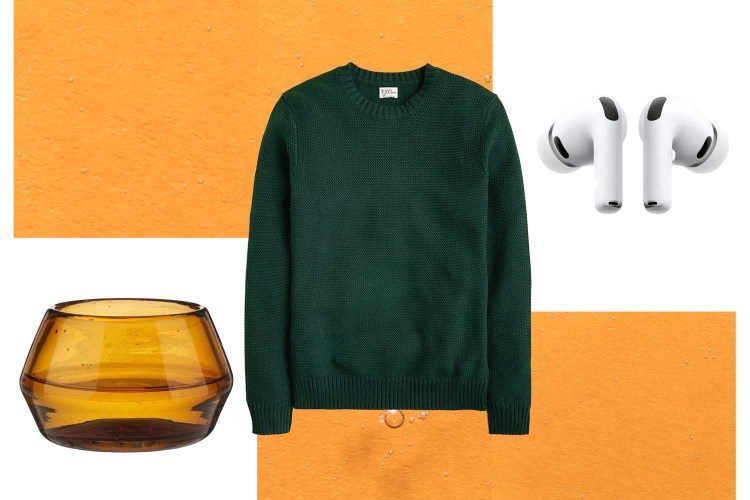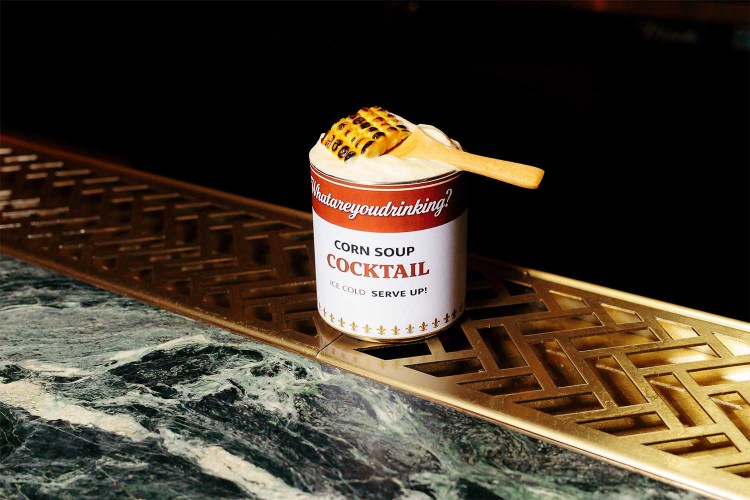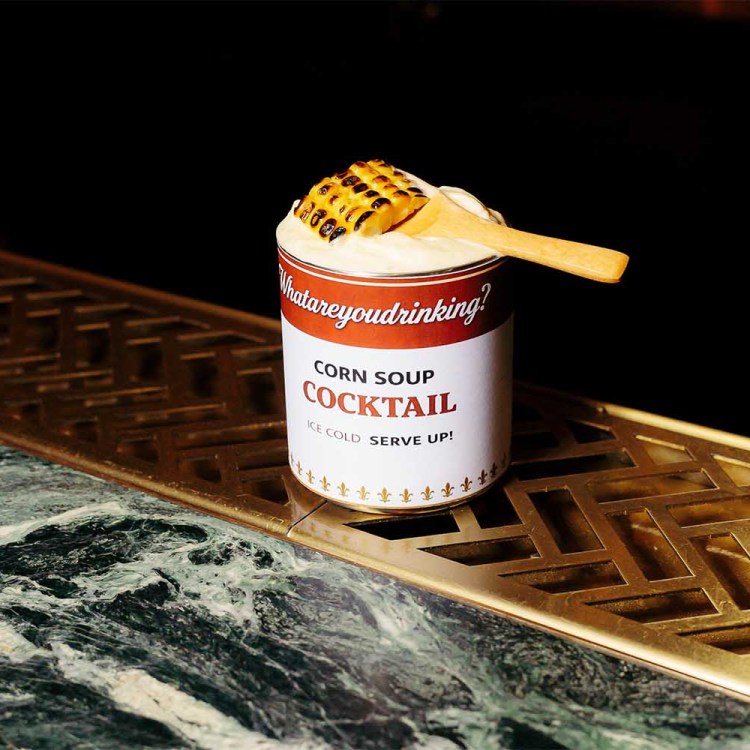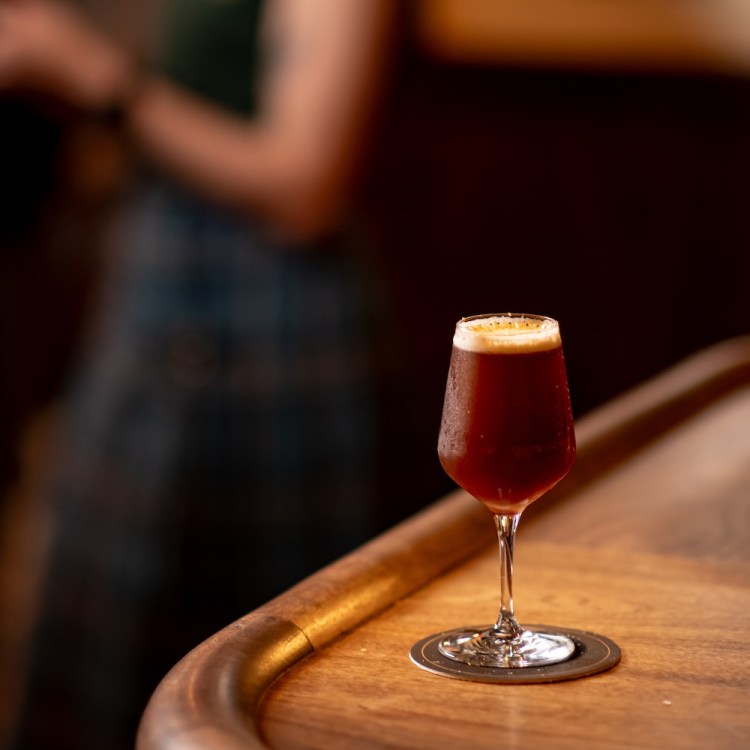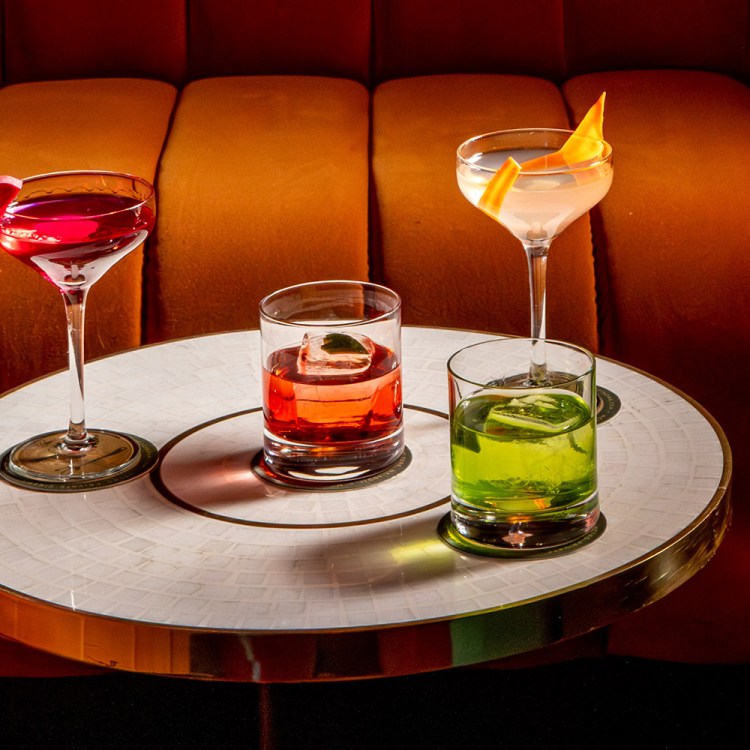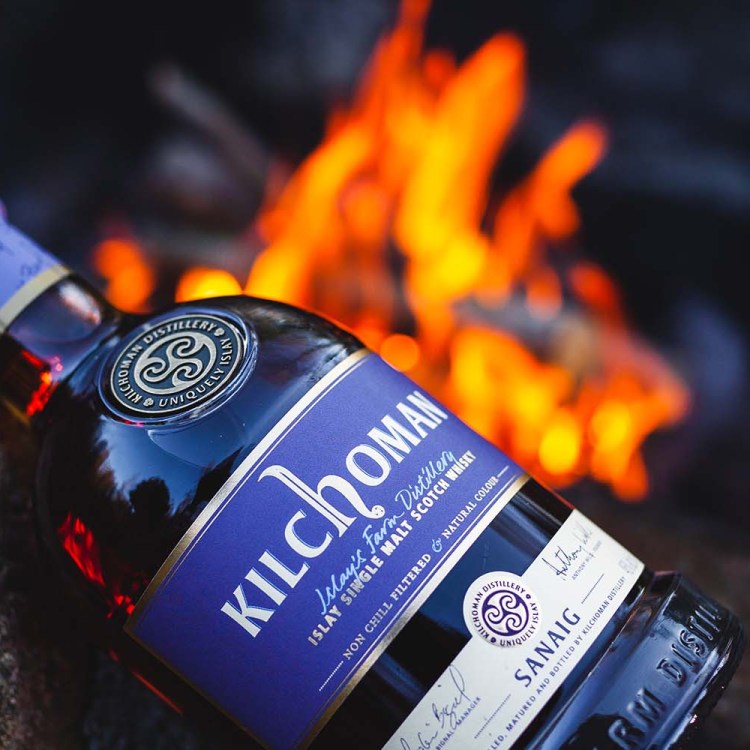People inevitably looked askance at Nigel Jagger when, 35 years ago, he bought what is basically a 30-acre hole in the ground two hours west of London. “Everybody said I was mad,” he recalls. “But I could see the potential straight away, though the space was so huge I was frightened that it might not work. After I signed the contract, I did need a stiff drink.”
A few months later, Jagger would have exactly the right place for one.
This hole in the ground is carved out of the chalk and limestone in the English countryside. Originally dug to provide the materials that built the nearby historic city of Bath, the Ministry of Defence acquired it and converted it into a bunker in which to house the government in the event of nuclear war.
Now redundant, it seemed to have no use at all. But Jagger, an engineer who started out making assault craft for the British Army, had shifted his career into property development and the world of bonded warehousing; he realized this unused crater was the perfect place to store wine. A lot of wine. Indeed, Octavian — as the hole is called — is now likely the world’s single biggest depository of fine wines and spirits, with contents valued at around $2 billion.
It’s also been an industry game-changer in shaping notions of how wine should be stored. Why put your expensive booze underground? For one, being an ex-military installation, Octavian is very, very secure — something akin to a Bond villain’s lair. More importantly, the conditions underground make it perfect for wine. It’s protected from seasonal fluctuations in climate above ground, which can cause what’s known in the wine trade as “ullage” — that’s when corks dry out, shrink, become loose and allow a portion of the wine to evaporate.
Down here, with temperatures naturally at around 14 degrees Celsius (57 Fahrenheit) and with humidity constant at around 80 percent, wine is maintained in an ideal state. (So, too, were Formula 1 racing tires, which Jagger also stored in Octavian’s early days.)
Being underground, there’s also no UV light, another thing that can ruin your wine — which is why, traditionally, it’s bottled in dark glass. Here everything is lit by sensor-controlled LEDs. Wine doesn’t like even gentle vibrations, either. Inside a vault designed to withstand nuclear explosions, it’s all very, very still.
What’s remarkable is, even with wine becoming an asset class, just how poorly it’s typically stored above ground in warehouses. Jagger exaggerates to make this point. “It’s boiled one moment and frozen the next,” he says. And he speaks from the challenging experience of seeking to recreate the conditions of Octavian in a second, above-ground facility nearby, where he’s repurposing a converted concrete hanger used to store fighter aircraft during World War II. He’s also pondering abandoned stone mines as possible storage sites, but the cost of outfitting the necessary infrastructure would be in the hundreds of millions.
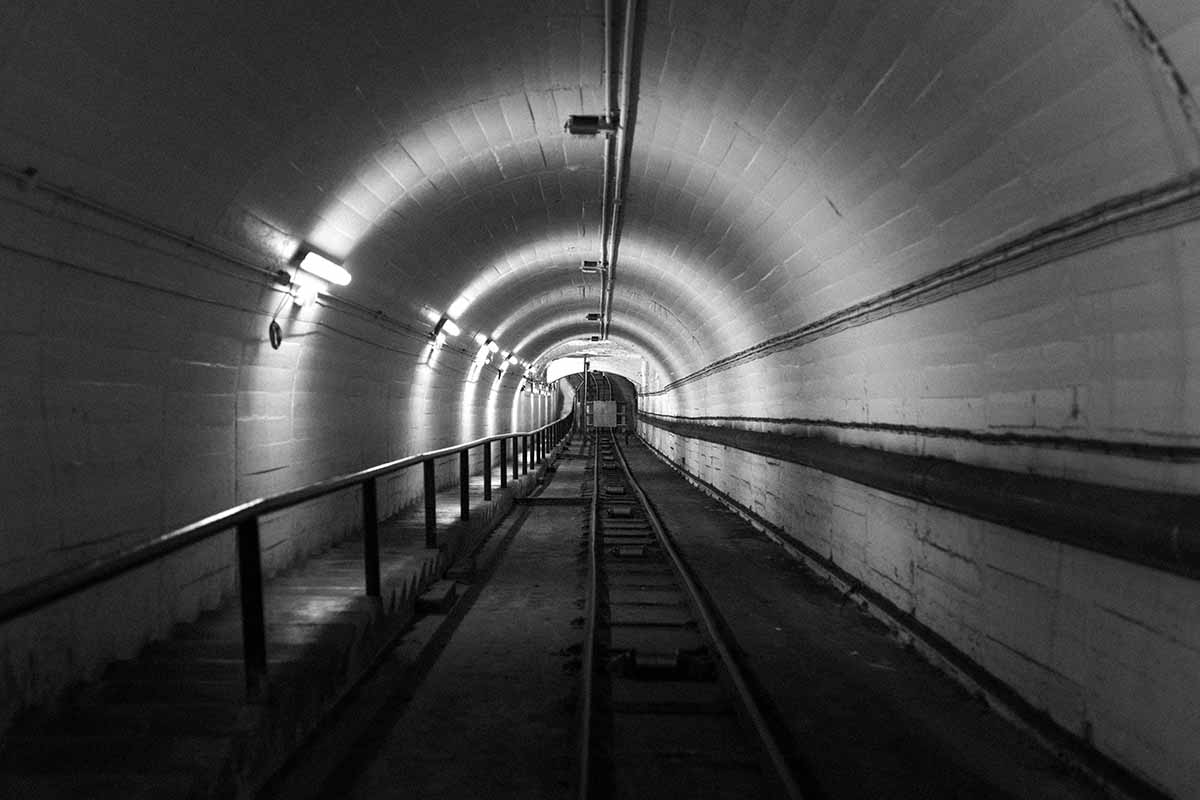
“The lack of attention generally paid to storage conditions [across the vintage wine market] means the truth is that a case of, say, Château Lafite Rothschild [of a particular year] is not the same as the next case, though the wine industry — and the wine investment business — wants to treat it as such,” Jagger argues. “A lot of people now just want to buy and sell wine and not do what you’re meant to do with it, which is drink it. They don’t readily recognise that wine is not a static thing. There’s chemistry going on and, if you want to maintain the quality of the wine, you have to respect that.”
He adds: “In any other sphere merchants would be much more concerned about where they put their investments, though I think their customers are getting the message and so merchants are starting to think that they’d better up their game.”
In other words, the market has caught up with Jagger’s vision. And with good reason — a single 12-bottle case of 1945 Chateau Cheval Blanc wine, such as sits in Octavian, is probably worth around $150,000. “We’ve also got a $2 million bottle of whisky in there,” says Jagger. “That’s one you don’t want to drop.”
Octavian has also had to adjust to the changing pace of the market. “In the olden days people would lay a wine down for 10 years and forget about it,” says Jagger. “Now sometimes wines go out almost as soon as they come in, such is the incredible pace of trading. That Cheval Blanc, the chances are that the owner has never seen it and it’s likely their merchant hasn’t either. It’s a mad world.”
As top-flight wine ownership has shifted from the landed gentry — with their own serious cellars, used for generations — to an entrepreneurial class with multiple residences around the world, the ability to find and then ship wine anywhere within a couple of days has also become a necessity. And there are more subtle changes in expectations as well.
“It used to be considered that a bit of mold on the label was considered a badge of honor — ‘oh yes, it’s been stored in the cellar at Blenheim Palace’ etc etc. But they don’t like that in China,” says Jagger, referencing one of the world’s most enthusiastic wine-collecting markets. “Thankfully there are more and more serious players who do care about maintaining the conditions of their wines.”
And that’s even if those fine wine owners may not sit down and actually enjoy the stuff with some friends. Jagger can hardly blame them. “I do enjoy wine, But I’m from Yorkshire,” he says, referencing a famously practical, no-nonsense part of the UK. “So I don’t aspire to open a $5,000 bottle of wine. I just couldn’t do it.”
Every Thursday, our resident experts see to it that you’re up to date on the latest from the world of drinks. Trend reports, bottle reviews, cocktail recipes and more. Sign up for THE SPILL now.
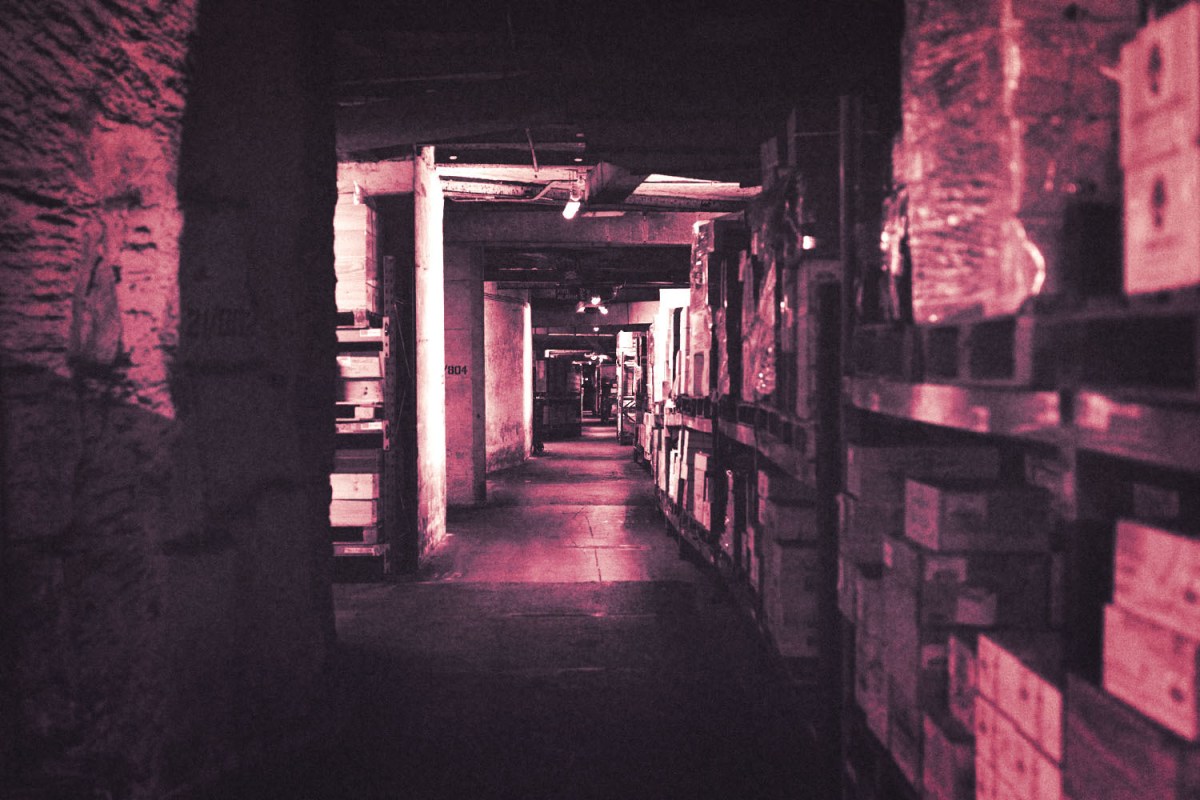
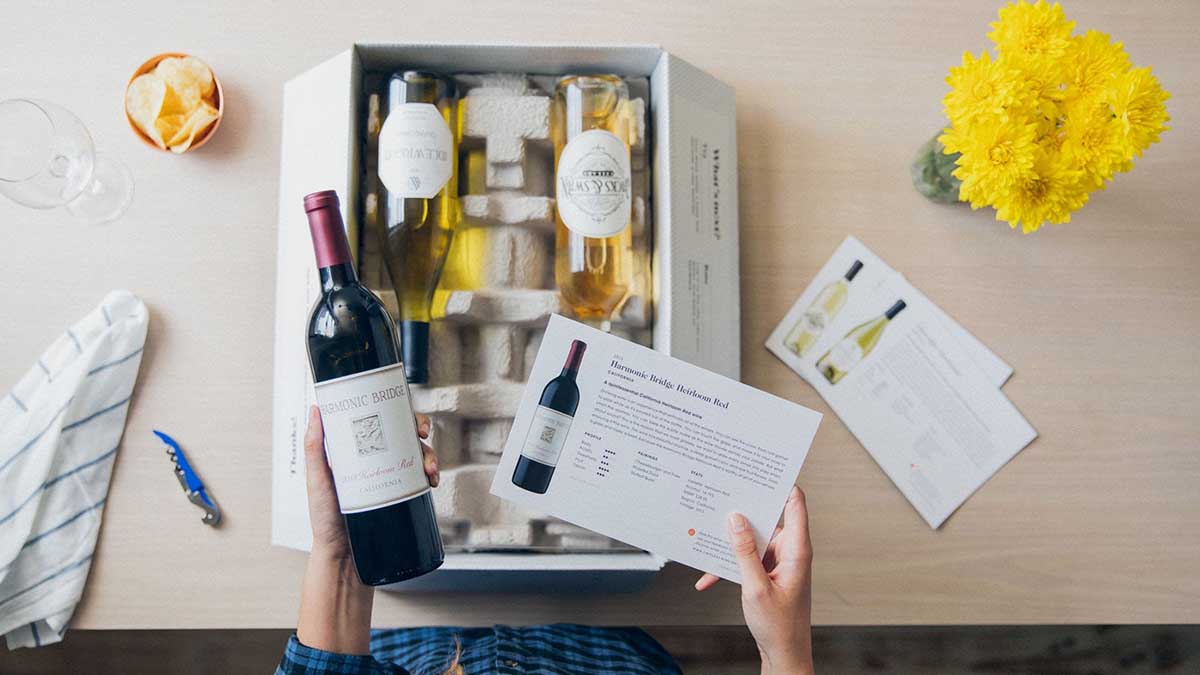
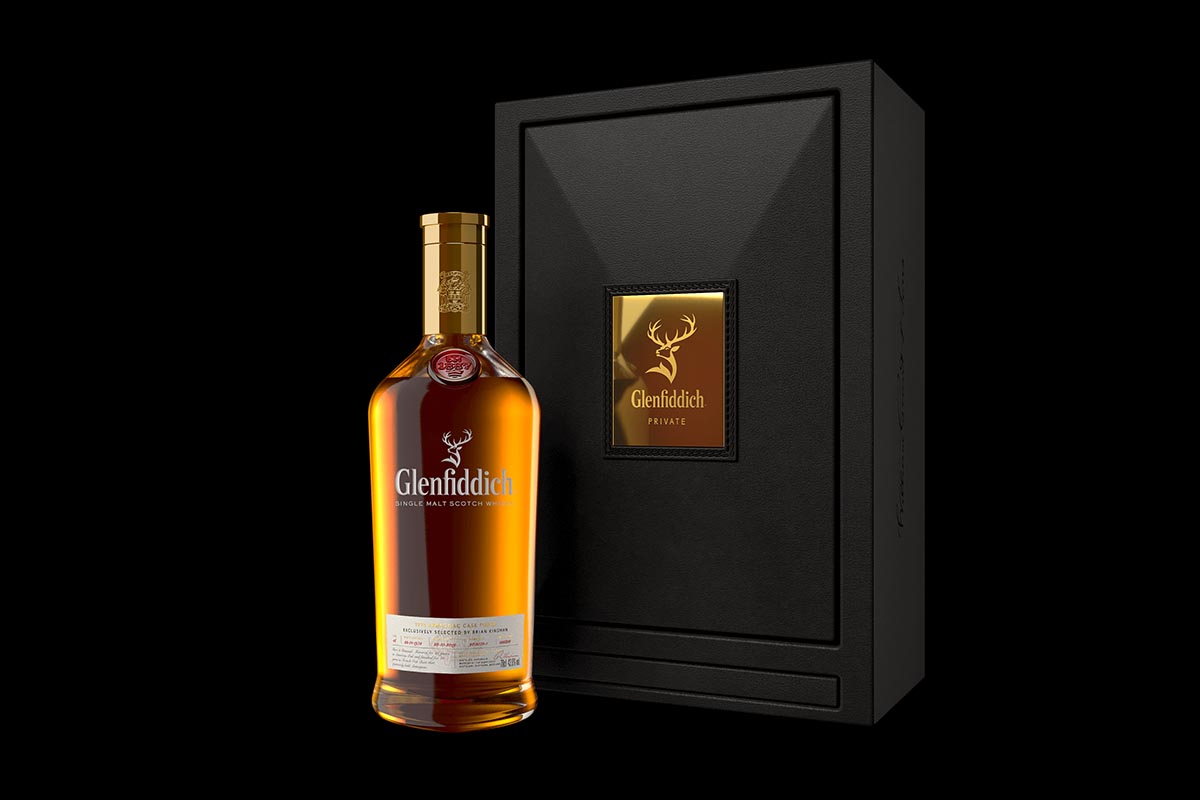
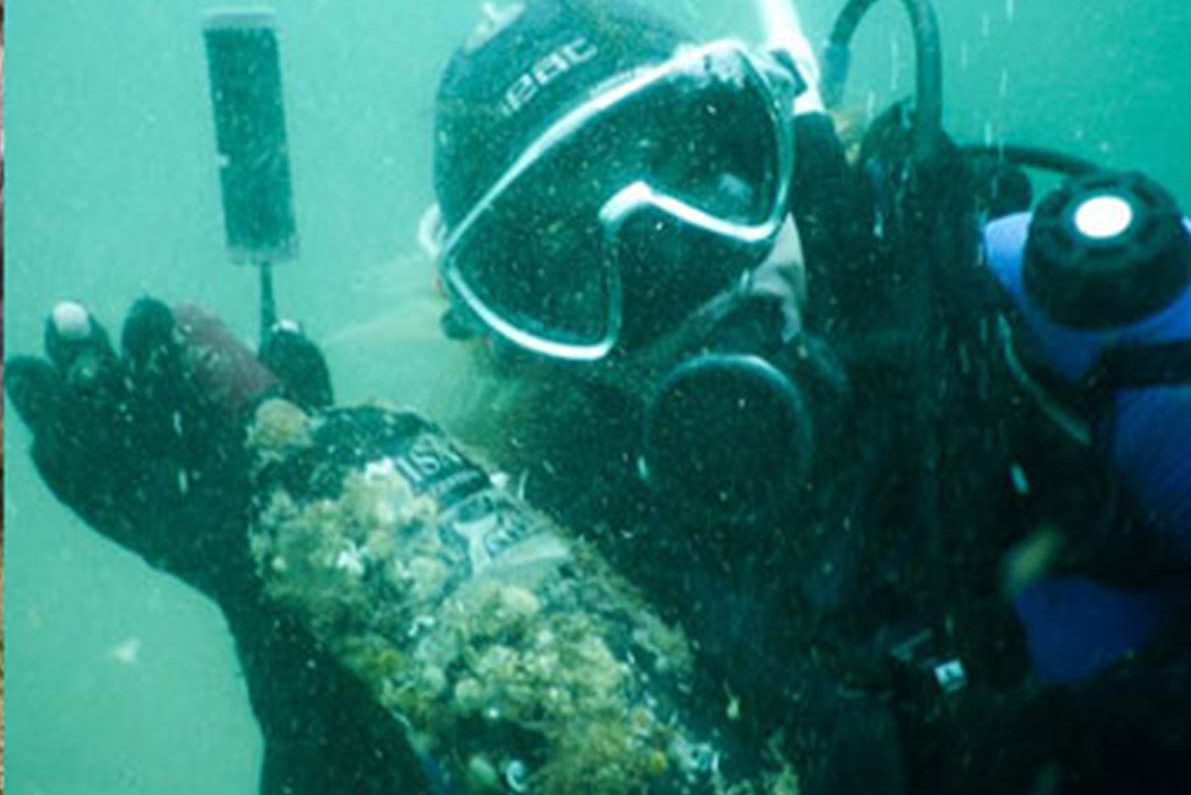
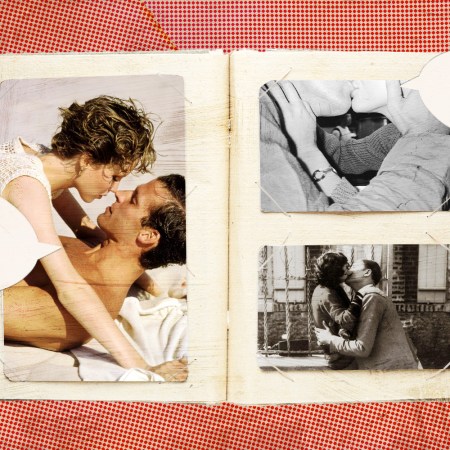
![Noah Wyle [third from left] with the season 2 cast of "The Pitt"](https://www.insidehook.com/wp-content/uploads/2026/01/the-pitt-season-2-schedule.jpg?resize=450%2C450)

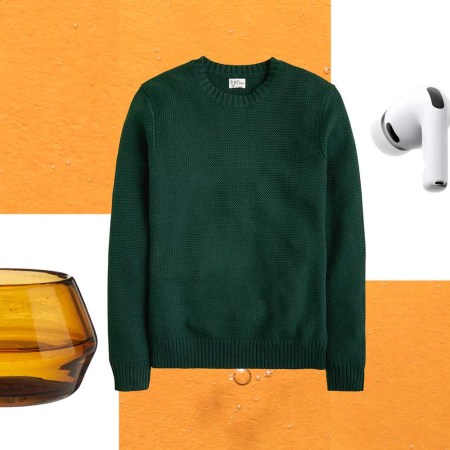
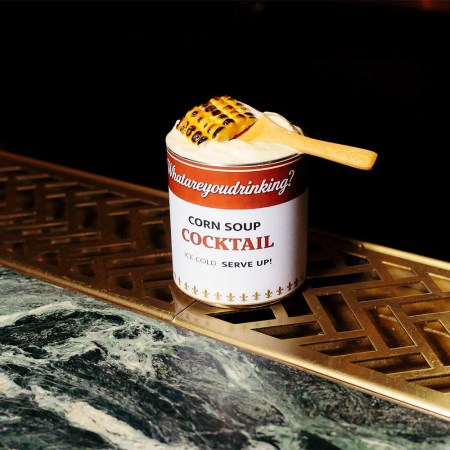

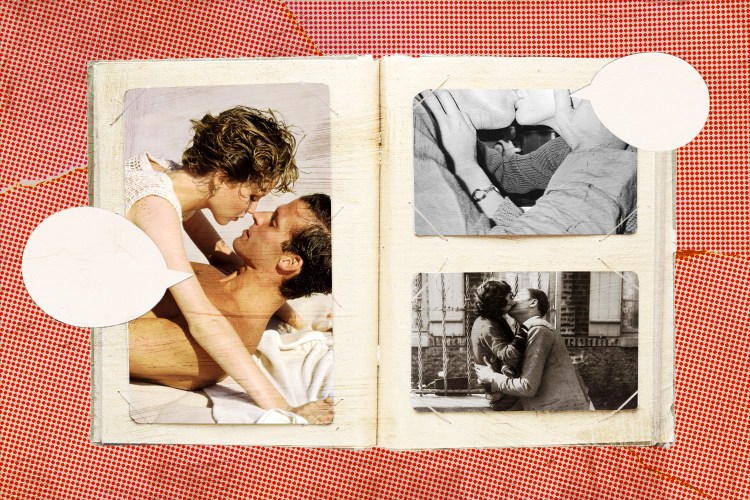
![Noah Wyle [third from left] with the season 2 cast of "The Pitt"](https://www.insidehook.com/wp-content/uploads/2026/01/the-pitt-season-2-schedule.jpg?resize=750%2C500)

